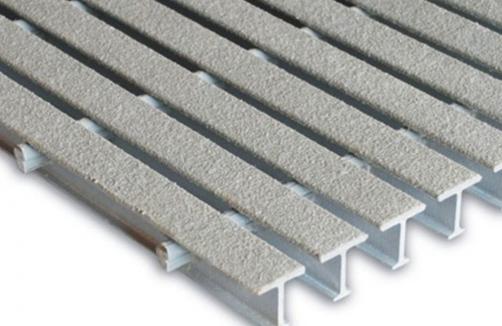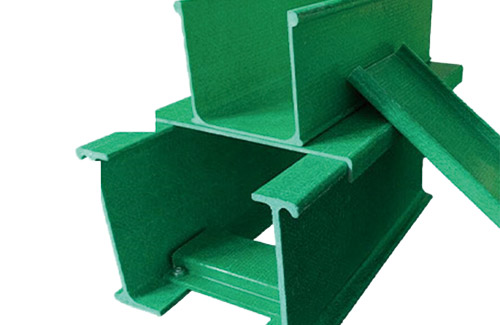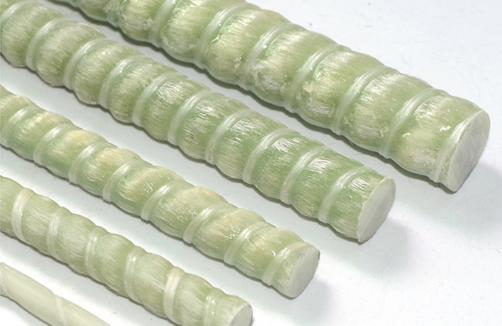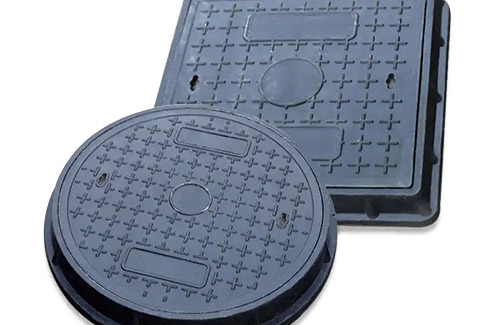Fiberglass grating panels are corrosion-resistant, acid and alkali resistant, and have extremely high resistance to various organic solvents such as strong acids and bases.
After purchasing fiberglass grating panels, customers may place them for a long time due to construction delays, so it is extremely necessary to have some knowledge on how to store the product. This article will introduce to you from the following aspects:
What is the storage environment for fiberglass grating panels?
Analyze the characteristics of fiberglass grating panels:
Firstly, fiberglass grating panels are corrosion-resistant, acid and alkali resistant, and have extremely high resistance to various organic solvents such as strong acids and bases.
Secondly, it is safe and moisture-proof, with good water resistance, stable performance, and aging resistance.
Thirdly, it is resistant to high temperature and flame retardancy, with a maximum resistance to open flame temperatures of around 1400 ℃.
Based on the above analysis, a conclusion can be drawn: the storage environment requirements for fiberglass grating panels are not high, and they are generally placed in a dry environment.
Environmental Protection Revealing of Car Wash Grille Production Workshop
Many people say that the fiberglass industry is a highly polluting industry, and workers have varying degrees of illness. However, this statement is somewhat one-sided because some small fiberglass companies have small production workshops and inconvenient air circulation. Today, our company will introduce to customers the environmental requirements of formal car wash grille production workshops.
The workshop should have good ventilation to eliminate toxic gases and dust. The standard is as follows: acetone allowable concentration: 400mg/m3, fiberglass dust allowable concentration: 3mg/m3. Smoking, the use of open flames, and the use of grinding machines to polish metals are strictly prohibited in the workshop. Operators should wear work clothes, masks, and latex gloves when entering the workshop.
Non productive activities and eating are not allowed in the workshop, as chemical raw materials have certain toxicity. After leaving the workshop, hands and faces should be washed, and frequent showers should be taken. The equipment in the workshop should be regularly maintained and repaired to ensure that the products produced are free of quality problems.








